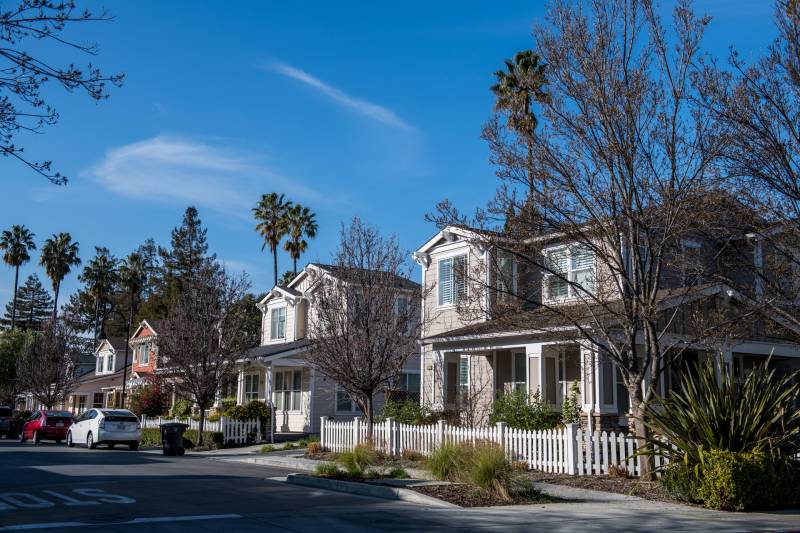Voters across the Bay Area will weigh in Tuesday on a spate of housing-related measures, including local tax increases to pay for homeless services and affordable housing construction, as well as proposals to slow office development and cap rent increases.
Each year, as the region’s severe housing shortage and affordability crisis continues, cities and counties turn to the ballot to address the issue. Here is a roundup of Bay Area measures related to housing costs and construction.
San Jose: Measure E
In an effort to create ongoing funding for affordable housing production, the measure would establish a permanent tax on the sale or transfer of commercial and residential property in the city valued over $2 million, starting at a rate of 0.75%. For properties worth more than $5 million, the rate would increase to 1%, and up to 1.5% for properties worth more than $10 million. For example, if a home sold for $3 million, the tax owed would be $22,500.
The measure includes exemptions for properties sold or transferred through inheritance, gifts or divorce.
If passed by a majority of voters, it would raise an estimated average of $50 million a year that would be used to build affordable housing for extremely low- to moderate-income residents and help steer homeless residents into shelters or permanent housing.
Oakland: Measure Q
The measure would establish an annual parcel tax — $148 on single-family residences and about $101 per unit on multi-family buildings — to pay for maintenance of Oakland’s roughly 130 parks and recreation facilities. Estimated to raise $21 million annually, the tax would expire after 20 years. Seniors and low-income residents would be exempt, and those in foreclosed single-family homes would be eligible for a rebate.

